| More growth scenarios for Vietnam's economy in 2023 Vietnam's economy overcomes difficulties from internal strength |
Aggregate demand of Vietnam's economy has decreased sharply.
Associate Professor Dr. Nguyen Thanh Hieu, Vice President of the National Economics University, said that since the beginning of 2023, the world economy has faced many instabilities, stemming from global inflation remaining high, central banks continuing to pursue tight monetary policies, many major economies have slowed down in growth, and political factors such as the Russia-Ukraine conflict are still very complicated.
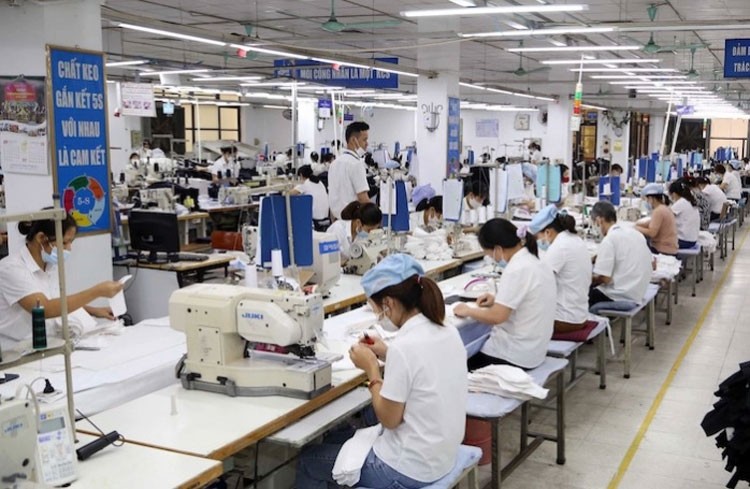 |
In that situation, Vietnam's economy also faces many challenges. GDP in the first 6 months of 2023 increased by only 3.72%, a low growth rate compared to the same period in the past 10 years, only higher than the growth rate of 1.74% in the same period in 2020 (due to the strong impact of COVID-19 at that time).
Regarding international trade, in the first 6 months of 2023, Vietnam maintained a trade surplus of 12.25 billion USD. However, both export and import turnover decreased sharply compared to the same period, down 12.1% and 18.2% respectively due to decreased demand from Vietnam's main markets such as the US, ASEAN, EU and some East Asian countries. Exports to the US market decreased the most at 22.6%, while imports from South Korea witnessed a decrease of 25.6% - the largest among the main markets. This also caused the output of some of Vietnam's main industrial products to decrease sharply compared to the same period.
According to Associate Professor Dr. Nguyen Thanh Hieu, the above figures show a sharp decline in aggregate demand in the Vietnamese economy.
“The 6.5% growth target in 2023 is becoming very difficult in the context of unpredictable impacts from the world while the domestic production sector has not yet fully recovered from the pandemic. This requires the Government and relevant ministries, departments and sectors to urgently take appropriate and timely measures to restore aggregate demand and develop the economy in the new context,” Associate Professor, Dr. Nguyen Thanh Hieu commented.
Vietnam's economy is in the most difficult situation in the past 30 years
Commenting on the current state of the economy, Dr. Nguyen Dinh Cung, former director of the Central Institute for Economic Management, affirmed that with his experience of more than 30 years in the Government, this is the most difficult time for the Vietnamese economy. The difficulties are even more pressing when there is no way out. Meanwhile, the general assessment of state agencies is not close to the actual situation.
“We are happy with the lights like fireflies that will disappear and are satisfied with those things so we cannot find a solution. I think there are too many problems, talking about total demand that the Government can control, can increase is public investment, and other significant things are just reducing value added tax..., nothing else,” said Dr. Nguyen Dinh Cung, adding that the 6-month tax reduction is too little, in a difficult situation that will last for a long time, it should have been reduced more.
Regarding public investment, Dr. Nguyen Dinh Cung said that we should not expect private investment at this time, because there is no motivation, no incentive mechanism, and the entrepreneurial spirit is very gloomy. He also admitted that talking about public investment is a problem that "is known, very difficult, and has been talked about forever", because it is not only slow now, but has been going on for many years. We all know this, but the current problem is that this slowness is getting worse.
To overcome the difficulty, Dr. Nguyen Dinh Cung said that the first thing to do is to resolve the so-called "no one wants to do it" problem, otherwise the delay will still happen; it is necessary to clearly state how to do it and who will do it.
“I think that to boost public investment, we need to remove the investment policy in the Investment Law. All important public investment projects that are already in the planning and have gone through many rounds of selection should be implemented immediately. Once a decision is made, we should look for investors right away, not wait until implementation, which would take another 3-4 years,” said Mr. Cung.
Besides, according to Mr. Cung, we should also review some regulations in the Investment Law and some other related laws, thereby removing things that are hindering or preventing investment.
“Even eliminating a step of asking for permission in the procedure reduces a risk for the implementing officials, because in reality there have been many cases of violations of regulations causing losses and serious consequences,” Mr. Cung emphasized.
Source link


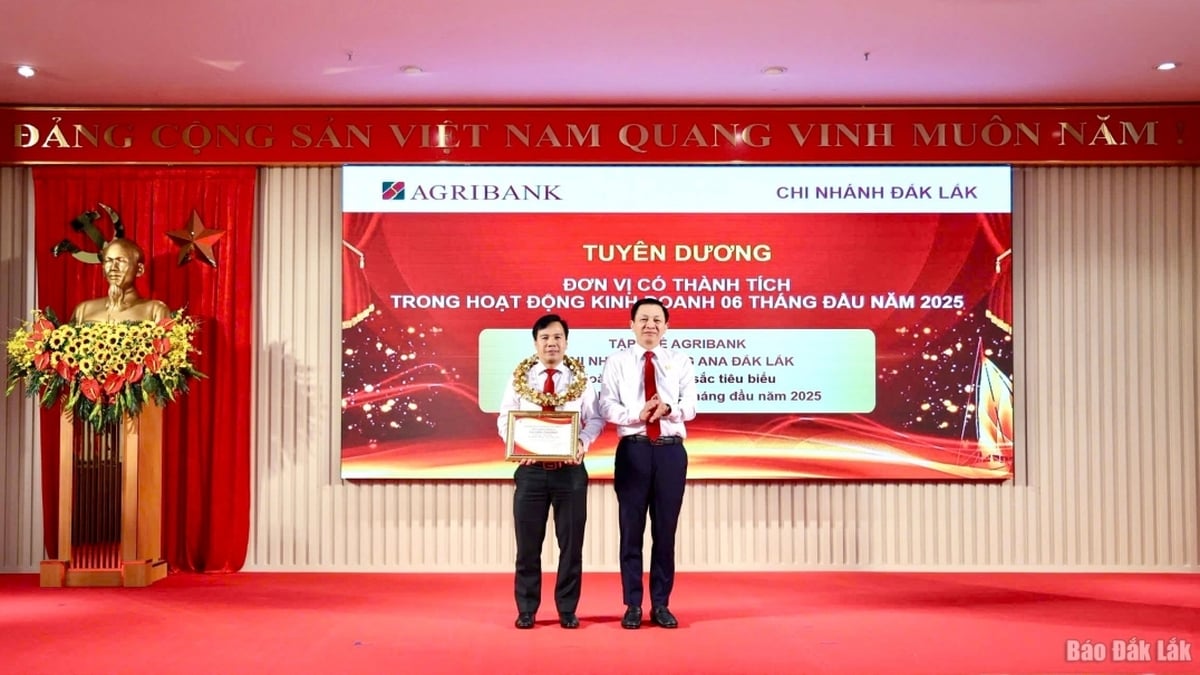






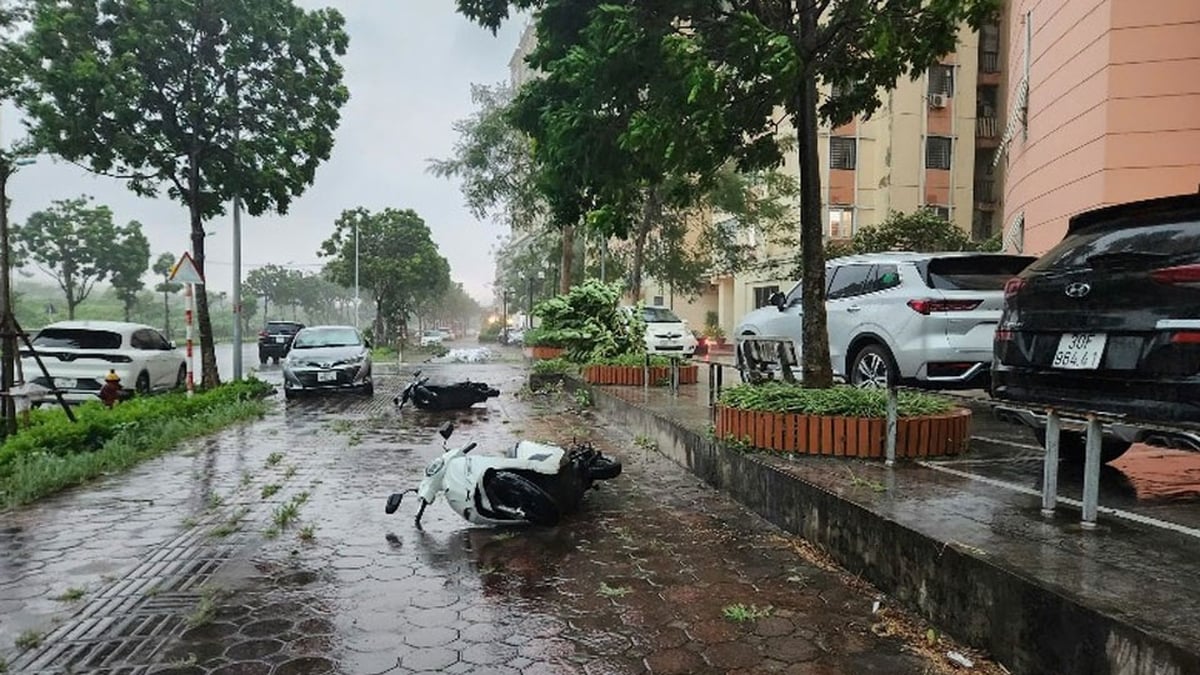
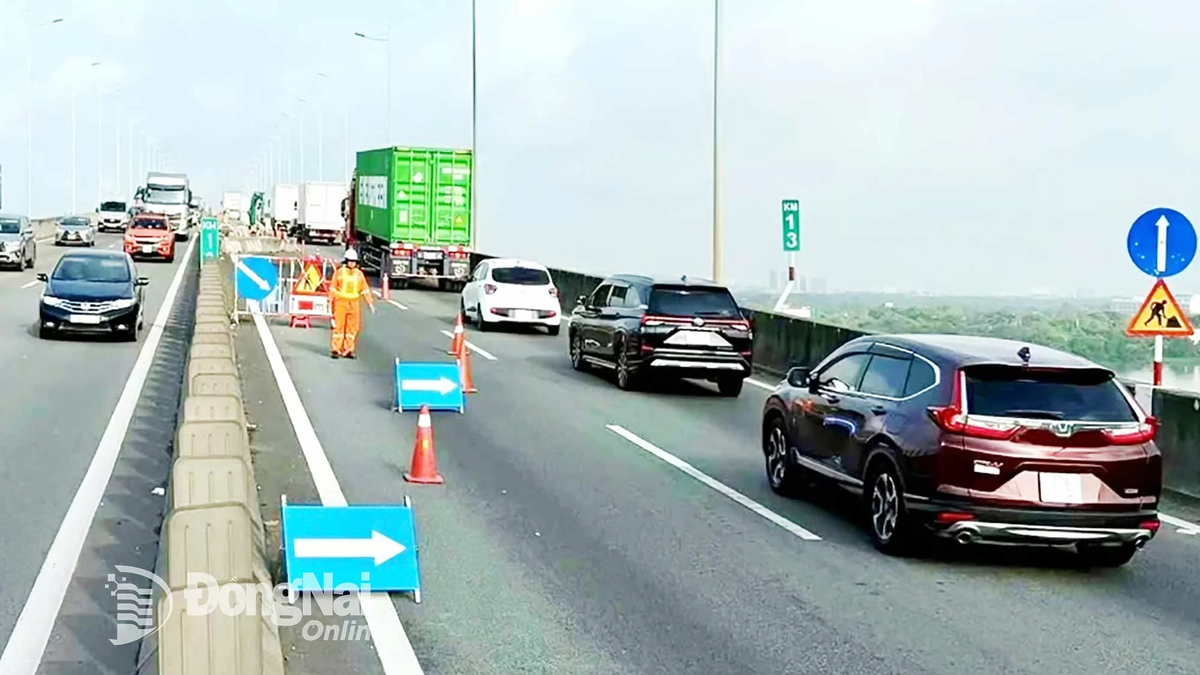























































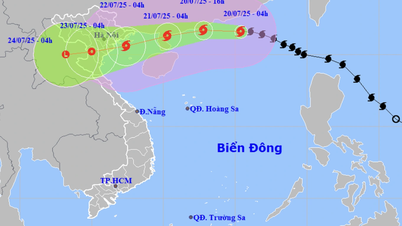
































Comment (0)